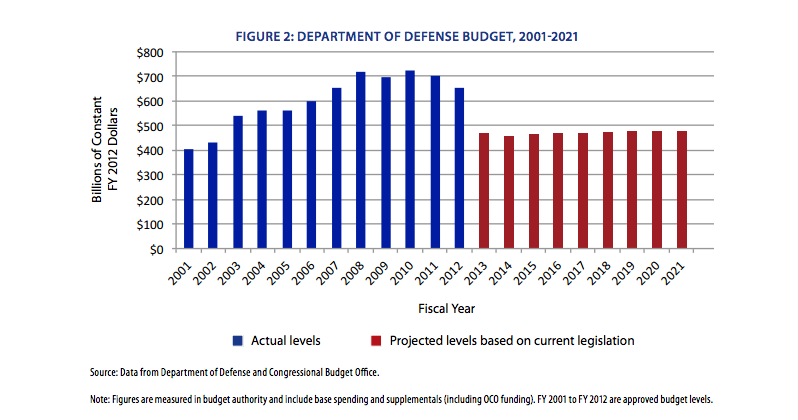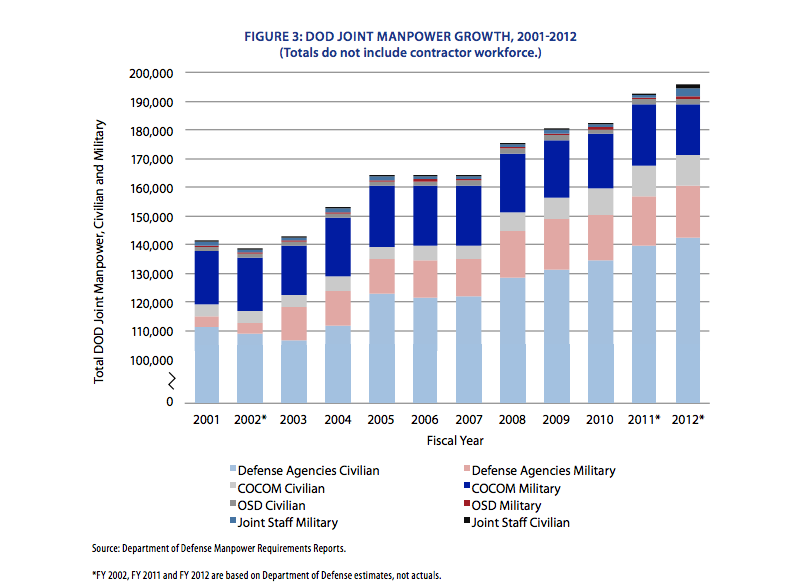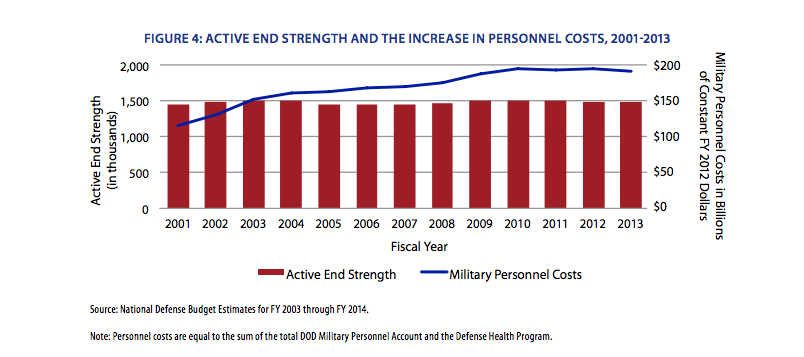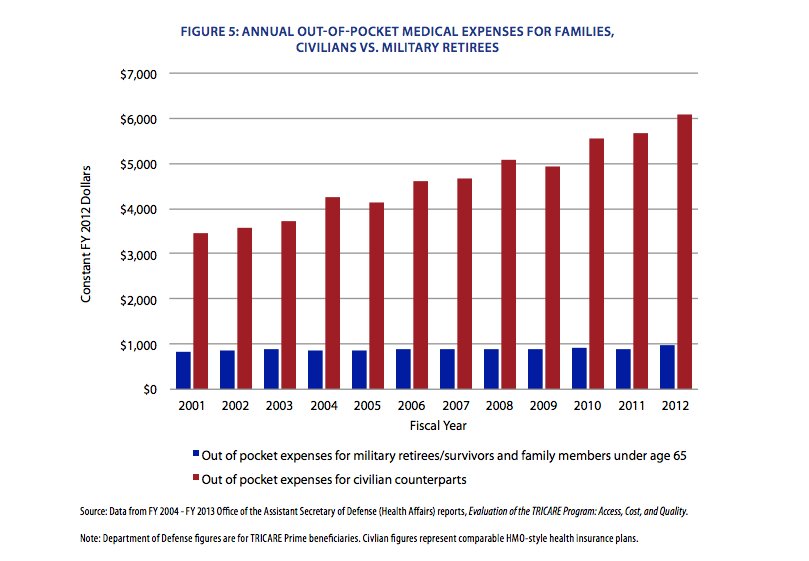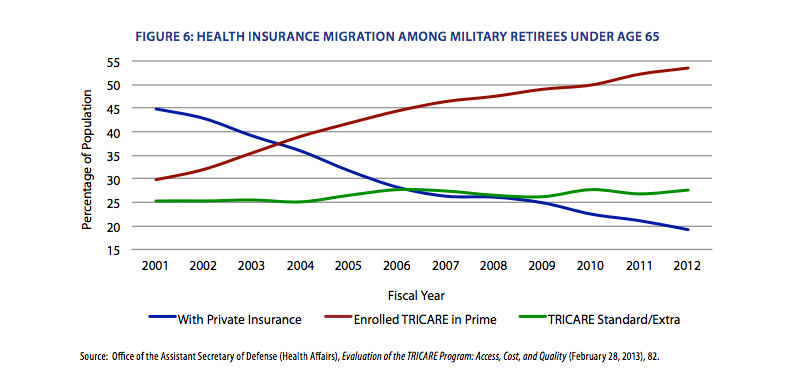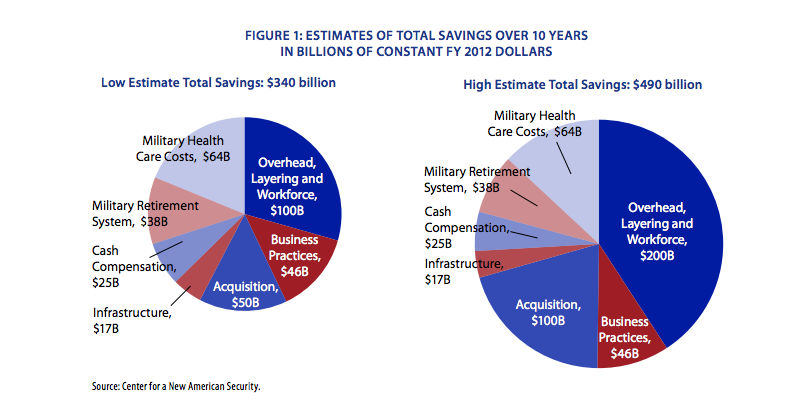Anybody Home? Critics suggest the Pentagon's leaders must do more to retool the U.S. military.
It’s been a strong week for those pale folks, sprinkled in cubicles and tiny offices around Washington, who scratch their heads and ask: why is our military so screwed up? How should we fix it?
The initial volley came from 25 think-tank experts (yes, it’s a relative term) from across the political spectrum warning that the Pentagon and the Congress that funds it must:
— Close unneeded military bases now.
— Get rid of unneeded civilians working (this, too, is a relative term) now.
— Reform the way the nation pays its troops.
But that was a simple, one-page letter. On Thursday, the Center for a New American Security rolled out the heavy artillery: a report — published on fine paper with a heavy-stock cover — replete with in-your-face graphics detailing The Seven Deadly Sins of Defense Spending:
— Redundant overhead, layering and workforce.
— Inefficient business practices.
— Excessive acquisition costs and overruns.
— Excess infrastructure, installations and management costs.
— Unaffordable increases in cash compensation.
— Unsustainable growth of military retirement system costs.
— Escalating military health care costs.
CNAS Senior Fellows David Barno and Nora Bensahel, along with CNASters Jacob Stokes, Joel Smith and Katherine Kidder, say needed reforms in these areas could save up to $490 billion over a decade.
But knowing that sins don’t occur without sinners, Battleland pressed Barno, a retired Army lieutenant general, on just who those transgressors might be. He places responsibility on Congress for the sins of unneeded bases remaining open, as well as too-rich compensation and health-care benefits for the troops. He made clear he believes that the Pentagon itself is primarily responsible for the other four.
All seven represent internal cost growth (the equivalent of trying to swim the English Channel by treading water, and fervently hoping the United Kingdom moves east) that eats away at operations and investment funding that gives the U.S. military its historic edge.
Barno suggested the nation’s military leaders must impress the seriousness of the current situation on the nation’s lawmakers or risk dulling the nation’s military might. But it can’t be done, he suggested, given the traditional way the Joint Chiefs handle such challenges: by meeting in their tank, for an hour or two at a time every week or so, basically defending their piece of the status quo.
Instead, he argues, the chiefs should hold an “offsite” tank session “in the mountains of West Virginia” where they can hammer out over three days a unified position on how the U.S. military should retool itself for the 21st Century (Almost heaven, indeed).
He said the nation’s military leaders may need to replicate Key West Agreement, where the services divvied up responsibilities among themselves following World War II, while making room for the newly-created U.S. Air Force. Formally known as the Functions of the Armed Forces and the Joint Chiefs of Staff, the session was held at Key West, Fla., from Mar. 11 to 14, 1948.
While CNAS’s words are wise, it’s the charts it incorporated into its reports that are eye-opening. As a journalist, we find the claim at a picture is worth a thousand words to be a probable violation of the First Amendment, but we might make an exception for these:
1. Why changes must be made.
2. No bloat here!
3. Cost-per-troop heading north.
4. Hide this from the taxpayers!
5. The Obamacare Plus Premium Prime Platinum Plan.
CNAS says the changes it is advocating could yield the following savings:
So on the low end, taxpayers would save a third of a trillion dollars. At the high end, nearly a half-trillion. No doubt Senator Everett Dirksen — who supposedly said, “a billion here, a billion there, and pretty soon you’re talking real money” — is turning over in his Pekin, Ill., grave.



